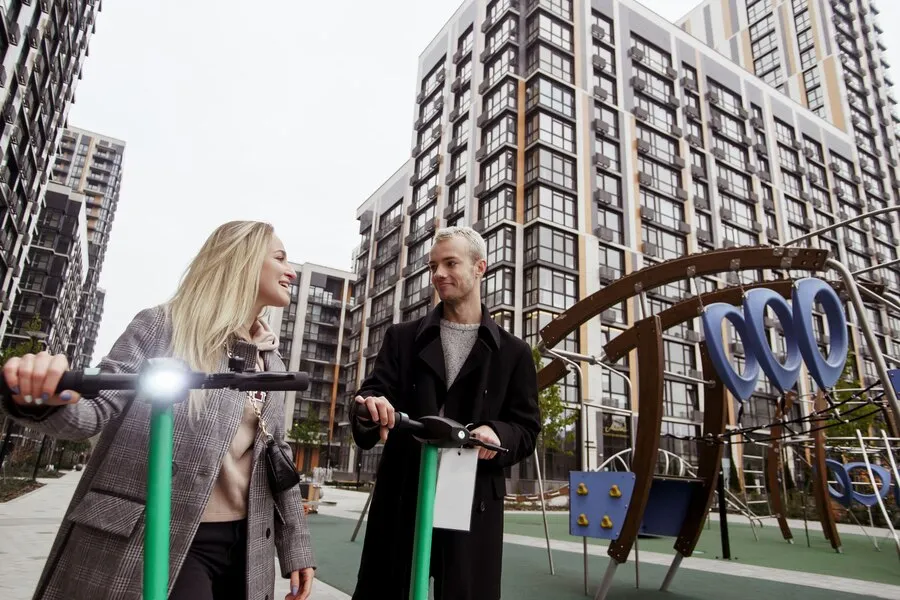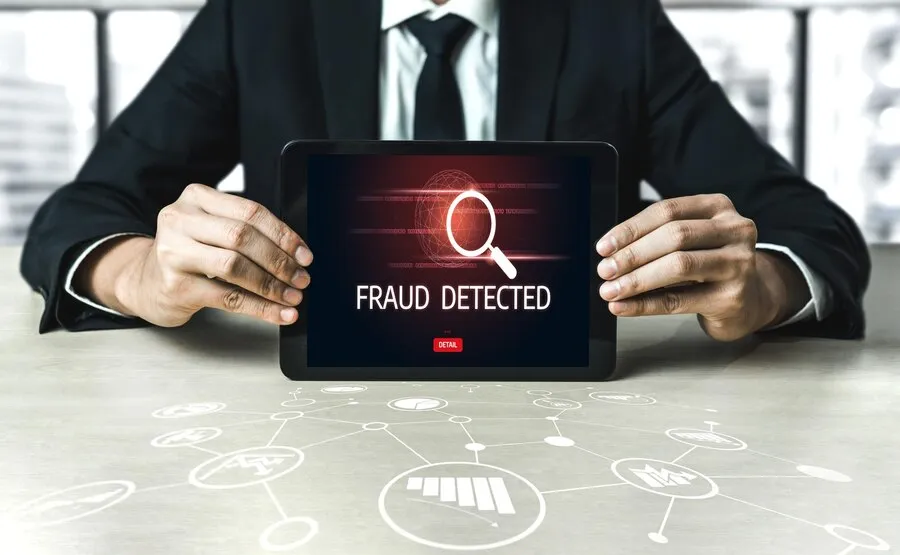Table of Contents
Key Takeaways
- Effective condominium property management is crucial for maintaining property value and enhancing residents’ quality of life.
- Managers are vital in budgeting, infrastructure maintenance, and conflict resolution.
- Diverse management strategies can be employed to cater to unique community needs.
The Role and Responsibilities of Property Managers
In the realm of property management, the roles of property managers are integral to the seamless functioning of the community. They assume multifaceted roles, from handling administrative tasks to ensuring smooth daily operations. A property manager from a reputable condominium property management team is a linchpin that holds various facets of a community together, dealing with maintenance scheduling, vendor management, and resident communications. This role demands a delicate balance of technical understanding and interpersonal skills, ensuring not only the physical maintenance of the property but also fostering a sense of community and belonging among residents. Their adept handling of these responsibilities directly impacts the condo’s market value and residents’ quality of life, making their role indispensable.
Financial Management and Planning
Financial oversight is a cornerstone of successful condominium management. Property managers are entrusted with developing comprehensive budgets that allocate funds for routine operations while independently maintaining a reserve for unexpected expenditures. This dual approach ensures fiscal responsibility and minimizes the economic impact of unforeseen events such as major repairs or emergencies. According to Investopedia, meticulous budgeting involves assessing short-term and long-term needs laying a stable financial foundation. By proactively managing funds, property managers build confidence among residents and ensure that the community remains financially resilient and capable of tackling future challenges without compromising services or amenities.
Maintaining Infrastructure and Shared Spaces
Beyond financial understanding, maintaining the physical assets of a condominium is essential and directly influences both property value and resident satisfaction. Infrastructure maintenance encompasses a broad spectrum, from ensuring reliable elevator operations to pristine landscaping and well-lit common areas. These elements collectively enhance the aesthetic appeal and safety of the environment. Proactive property managers develop and adhere to a regular maintenance schedule, which includes preventive actions to address issues before they escalate into larger problems. Regular assessments and updates to communal amenities like swimming pools and fitness centers are critical to extending their longevity and utility. Meticulous attention to detail elevates the living experience and fosters a strong community reputation.
Fostering a Sense of Community
Creating a cohesive community environment plays a vital role in the overall well-being of condominium residents. Property managers can foster community spirit by organizing events like neighborhood meetups or holiday celebrations, encouraging social engagement and strengthening ties. In addition, establishing diverse communication channels, such as newsletters or a dedicated resident portal, ensures transparency and keeps everyone informed of community developments and decisions. Such initiatives cultivate a supportive and interconnected community where residents cohabit and build meaningful relationships, leading to improved cooperation in communal governance and a harmonious living atmosphere.
Also Read: Sustainable Energy: Its Importance and Future Directions
Conflict Resolution and Mediation
Disputes can emerge even in the most well-managed communities, making conflict resolution an essential aspect of property management. Property managers must approach conflicts with empathy and neutrality, employing structured mediation techniques to facilitate dialogue and resolution. By applying consistent and transparent methods, property managers can de-escalate tensions and create an environment where disputes are resolved amicably. Focused on fairness and clear communication, this process resolves immediate conflicts. It establishes a framework that empowers residents to address future issues constructively. Ensuring that conflicts are managed this way reinforces a sense of trust and stability within the community.
Emerging Trends in Property Management
The evolution of technology and a growing awareness of sustainability are shaping new paradigms in property management. Integrating smart home technologies, like automated energy systems and cloud-based management platforms, enhances operational efficiency and provides real-time insights into community needs. These innovations reduce operational costs and offer enhanced conveniences to residents. Furthermore, the shift towards sustainable living practices, such as recycling programs and energy-efficient upgrades, aligns with broader environmental goals and responds to the growing demands of eco-conscious residents.
Future Directions for Condominium Communities
As condominiums evolve, future directions must consider the changing landscapes of demographics, technology, and lifestyle preferences. Innovating community engagement strategies, including visioning workshops and active resident committees, can shape adaptable and forward-thinking communities. As the younger generations become property owners, emphasizing technology integration and flexibility in community design becomes crucial. Moreover, inclusive management approaches considering diverse resident needs and preferences will ensure long-term satisfaction and retention. Ultimately, property managers can help guide condominium communities toward a vibrant, resilient future responsive to emerging opportunities and challenges by embracing technological advancements and cultivating an inclusive, engaged community.






